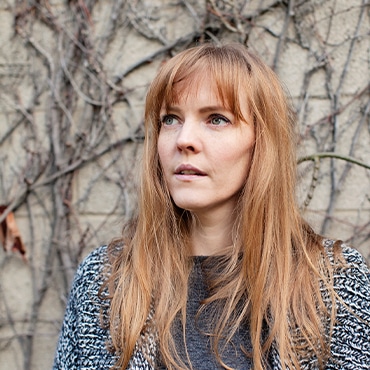

Everyone I know is living on WhatsApp at the moment. I hope you all have some kind of virtual community group, a family group or a friendship group that is offering support and keeping you sane, but I also hope you have a writing group.
If you’re starting out on a novel, then you’re in the toughest position: world-building while real world news is so unrelenting is very hard. If you’re editing, then I’m impressed by your dedication in the face of such a forceful competing distraction.
I know I’m finding it hard to concentrate on much right now. And this crisis has made me question everything about writing, what it’s for and why we do it, how it works and how it should work, what my own relationship to writing is and what I want it to be. And that’s before we come to the question of what people will want to read in six months, a year or two years.
It’s frustrating, especially when other people seem to be using their time so effectively and when we’re all being encouraged (almost blackmailed, it seems to me) into making sourdough, learning Japanese, getting fit or decluttering, as well as finishing that novel we’ve been talking about for a while.
But actually now might be a good time to think about things rather than just do them, to study the nitty-gritty of writing, how to shape a story, develop characters, improve language. To think about writing in the abstract, and see if those thoughts will lead us back to the projects we were enthusiastic about before the scale of the Covid-19 outbreak became clear.
That’s where a writing group comes in handy. In my group we have been ignoring the news in favour of discussing our processes for novel building, how we create plot and character, and the merits or disadvantages of making elaborate plans.
One writer knows the shape of her novel at the outset, including peaks in the storytelling, and recommends taking personality quizzes for characters to bring them into focus. Another has been thinking about how to relax her rigid idea of story to create narratives that are about relationships rather than action. A third member of the group is doing great work delving into the mechanics of plot in books that don’t necessarily fit the conventions (those ‘nothing happens’ novels that don’t easily map on to Beowulf or The Odyssey).
Because we all have different interests and preoccupations, our artistic reactions to this moment are different. I feel like taking comfort in attempting historical detective fiction, but another writer is currently finishing a post-apocalyptic novel, and we’ve all been speculating—is it the most perfect subject for this period, or is it the one thing no one’s going to want to read, and does it matter? Surely a writer should write want they want when they want.
I’ve also been thinking practically about where and why I get stuck. At the beginning of a project I tend to have a good idea of the first third, a crystal clear final scene, and a very sketchy sense of everything in between. My process involves writing individual scenes, out of sequence—always inspired by dialogue—before trying to fit them into a plot. It often feels laborious and mistake-ridden. Is this a pattern I am doomed to recreate forever, or is there something I can do to change my practice? I’m going to try and find out.
So, I wonder, what are the questions you have about writing? Maybe this is the time to ask them. Perhaps the answer will be a prize-winning novel.
Emma Healey is the author of Elizabeth is Missing and Whistle in the Dark.
She is our 2020 novel judge.







